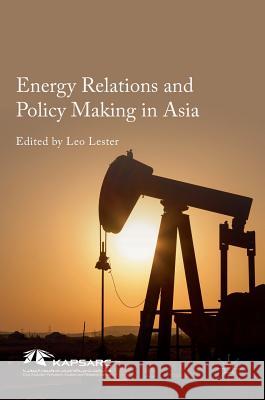Energy Relations and Policy Making in Asia » książka
Energy Relations and Policy Making in Asia
ISBN-13: 9789811010934 / Angielski / Twarda / 2016 / 326 str.
This volume goes beyond a conventional analysis of Asia s energy relationships and explores the premise that energy relations in Asia in the 21st century should reinforce mutual interdependence. Conventional analyses of international energy relations stress the asymmetric nature of the risks and costs of disruptions to energy flows. Energy suppliers (net exporters) are concerned with the cost of a buyer looking elsewhere; energy consumers (net importers) are preoccupied with the costs associated with an interruption of supply. This perspective reflects the current transactional nature of energy relations and is clearly observed in the energy dynamics between countries in the Gulf Cooperation Council (GCC) and the economies of Northeast Asia (NEA). As the economies of both the GCC and NEA have enlarged there is under-recognized potential for a move away from narrow transactional relations to broader, interdependent ones. This collection of essays from leading energy, strategic, and economic policy think tanks focused on how energy relations are forming in the 21st century offers energy scholars and policy makers answers to what these increasingly close relationships mean for international politics and trade.
"











